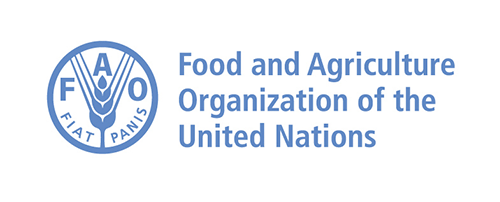The FAO Legal Office provides in-house counsel in accordance with the Basic Texts of the Organization, gives legal advisory services to FAO members, assists in the formulation of treaties on food and agriculture, for which the Director-General acts as Depositary, publishes legal studies and maintains a database (FAOLEX) of national legislation and international agreements concerning food and agriculture (including fisheries, forestry and water).
Members:
Resources
Displaying 2111 - 2115 of 15550Prevention of illegal eviction from and unlawful occupation of land Act.
Section 3 formulates a prohibition of receipt or solicitation of consideration in respect of unlawful occupation of land. Section 4 makes provision for the eviction of unlawful occupiers of land. Notwithstanding the provisions of section 4, the owner or person in charge of land may institute urgent proceedings for the eviction of an unlawful occupier of that land pending the outcome of proceedings for a final order, and the court may grant such an order if it is satisfied that conditions set out in section 5 are met. Section 6 provides for eviction at the instance of an organ of state.
Land (Ascension) Ordinance 2008, CAP A23.
This Ordinance declares all lands on Ascension to be Crown lands and requires the Governor to prepare and publish a policy to secure a consistent and transparent process for granting rights of occupancy in relation to land on Ascension and for the control of the use of land. The Ordinance also repeals the Land Adjudication (Ascension) Ordinance, 2002 and the Registered Land Ordinance, Cap A23.
Development and Planning (Amendment) Law (No. 16 of 2006).
This Law amends the Development and Planning Law in section 38 relative to contributions to the Infrastructure Fund.
Amends: Development and Planning Law (2005 Revision). (2005-02-11)
Law No. 2200
This Law consists of 5 Chapters that contain 26 articles. Chapter 1 lays down the general provisions. Chapter 2 lists the types of activity that are subject to obligatory licensing. Chapter 3 determines licensing for export and import of commodities (produce service). Chapter 4establishes the modalities of issuing licences. Chapter 5 establishes liability for the infringement of the legislation currently in force on licensing.
Development and Planning Regulations (2013 Revision).
These Regulations concern control of physical development in the Cayman Islands and provide rules relative to development projects and planning. They implement provisions of the Development and Planning Law. Applications for planning permission shall be lodged with the Central Planning Authority.


